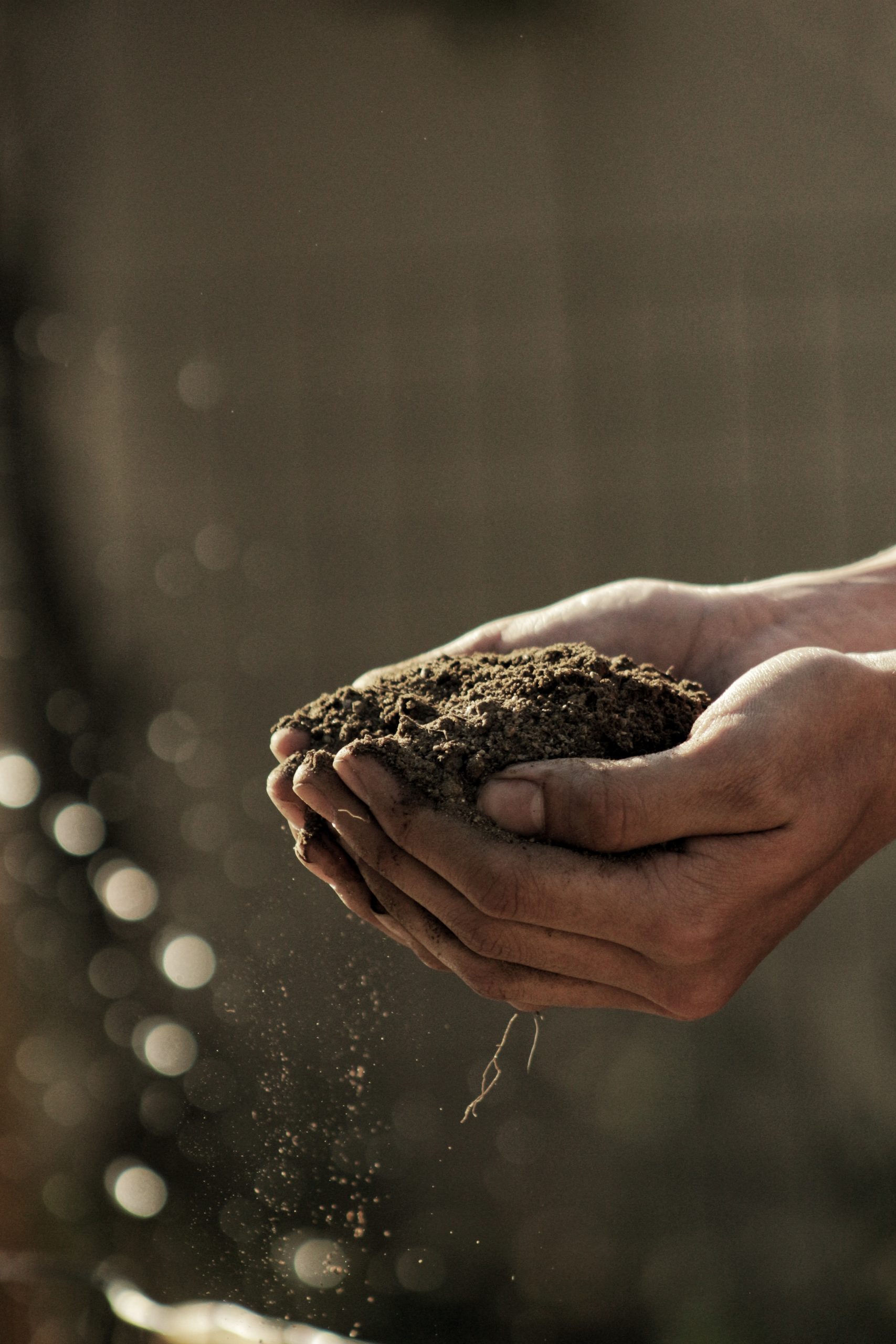Are you looking for a natural way to boost your immune system and prevent illness? Look no further than your own backyard! Gardening isn’t just a hobby or a way to beautify your landscape, it can also have incredible health benefits. In this blog post, we’ll explore how gardening can improve your overall well-being and provide tips on how to maximize the immune-boosting potential of your garden. So roll up your sleeves and grab that trowel – let’s get started!
What is gardening?
Gardening is the practice of growing and cultivating plants, typically in an outdoor space such as a garden or yard. It can be done for many reasons, including providing fresh produce for your family, creating a beautiful landscape, or simply enjoying the therapeutic benefits of being outside surrounded by nature.
There are many different types of gardening to choose from, including vegetable gardening, flower gardening, and container gardening. Each type requires different techniques and tools but can be equally rewarding.
Whether you’re planting seeds directly in the ground or starting seedlings indoors before transplanting them outside, there’s something special about watching your hard work come to life as tiny sprouts turn into thriving plants.
Gardening also provides numerous mental health benefits such as reducing stress levels and improving overall mood. So why not give it a try? You may just find that getting your hands dirty is exactly what you need to feel happier and healthier!
The Benefits of Gardening
Gardening is an activity that not only beautifies your surroundings but also brings numerous benefits to your health. One of the most notable benefits of gardening is its positive impact on mental health. Engaging in gardening activities can help reduce stress and anxiety levels, boost mood and improve overall well-being.
Moreover, gardening has physical health benefits too. It is a great form of exercise that helps burn calories, increases flexibility and strengthens muscles. Gardening for just 30 minutes a day can help improve heart health by reducing blood pressure levels and lowering the risk of cardiovascular diseases.
Another significant benefit of gardening is its ability to boost immunity naturally. By growing your vegetables, fruits and herbs at home, you are providing yourself with fresh produce free from harmful chemicals that could compromise your immune system’s function.
Additionally, spending time in nature while engaging in gardening activities exposes you to sunlight which triggers vitamin D production- essential for bone density and immune system functioning.
Gardening offers numerous health benefits that make it a worthwhile activity for everyone regardless of age or skill level.
How to Garden for Maximum Immunity
When it comes to gardening for maximum immunity, there are a few things you can do to ensure that your garden is working in your favor. Firstly, make sure you choose the right plants. Vegetables and herbs such as spinach, kale, garlic, and ginger are all known for their immune-boosting properties.
It’s also important to keep your garden clean and free of pests. Pests can not only damage your plants but also carry diseases that could harm you. Use natural pest control methods such as companion planting or neem oil instead of harsh chemicals.
Another tip is to practice crop rotation every season. This helps prevent soil-borne diseases from building up in the soil and ensures that different nutrients are being replenished each year.
Make sure you get outside and enjoy your garden! Exposure to sunlight provides vitamin D which is crucial for a healthy immune system. Plus, spending time outdoors has been shown to reduce stress levels which can also have a positive impact on immunity.
By following these tips, you’ll be well on your way towards creating a healthy and immune-boosting garden space!
When to Plant and Harvest Your Vegetables
Knowing when to plant and harvest your vegetables is essential for maximizing their immune-boosting properties. The ideal time for planting varies depending on the type of vegetable.
For leafy greens such as spinach, kale, and lettuce, it’s best to sow the seeds in early spring or late summer. These plants thrive in cooler weather and can be harvested within a few weeks of planting.
Tomatoes are popular garden staples that require warm soil temperatures before they can be planted. It’s recommended to start tomato seedlings indoors 6-8 weeks before transplanting them into the garden after the last frost date.
Root vegetables like carrots and potatoes prefer cooler temperatures but take longer to grow than leafy greens. It’s best to plant these crops in early spring or late summer for optimal growth.
Harvesting your vegetables at peak ripeness ensures maximum nutrient content. Leafy greens should be harvested before they bolt or flower, while root vegetables should be dug up once they’ve reached full size.
Timing is key when it comes to gardening for immunity. By following specific guidelines for each vegetable type, you can ensure a bountiful harvest with maximum health benefits.
Conclusion
Gardening is a rewarding activity that not only beautifies your surroundings but also has numerous health benefits. By spending time in nature, you can boost your immune system and prevent illnesses naturally.
Research shows that gardening can reduce stress levels, lower blood pressure, increase physical activity, provide fresh produce for a healthy diet, and improve mental health. Furthermore, planting and harvesting vegetables at the right time maximizes their nutrient content.
Whether you have a spacious garden or just a small balcony with pots and planters, gardening is an excellent way to stay active while connecting with nature. So put on your gloves and start digging! Your body will thank you for it.




